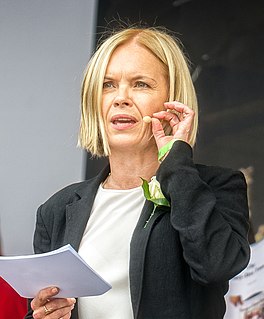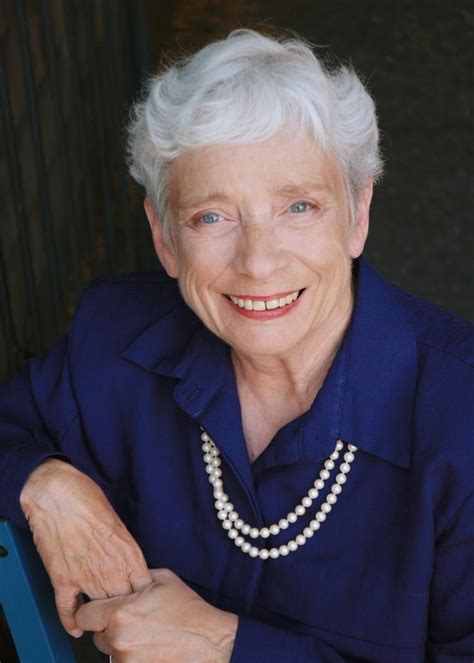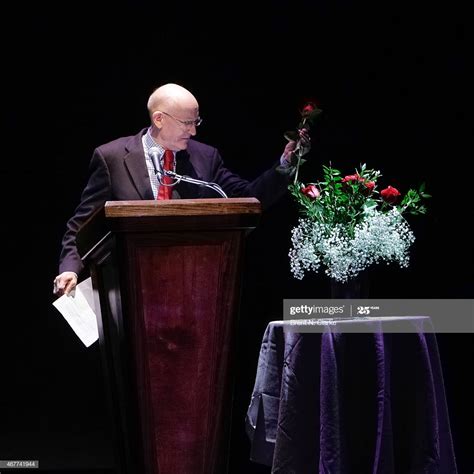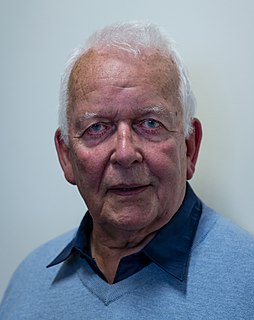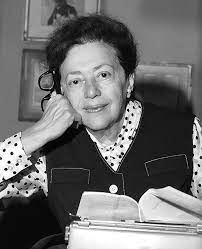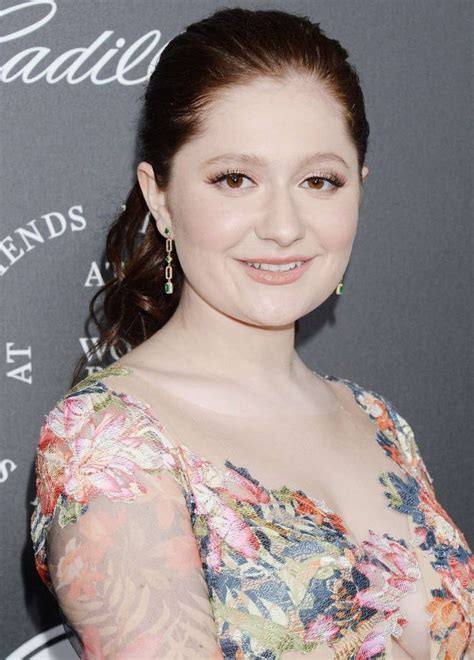A Quote by Mariella Frostrup
Had Elizabeth Bennet known how wildly Darcy's heart beat for her, 'Pride and Prejudice' would barely have made it into a short story. Their torturously slow-burning romance is a classic example of how men and women still struggle to communicate the most basic of emotions.
Related Quotes
What on earth did you say to Isola? She stopped in on her way to pick up Pride and Prejudice and to berate me for never telling her about Elizabeth Bennet and Mr. Darcy. Why hadn't she known there were better love stories around? Stories not riddled with ill-adjusted men, anguish, death and graveyards!
As the tide of feminism that crested two decades ago recedes and the old advance-and-retreat games of courtship return, "Pride & Prejudice" speaks wistfully to the moment. Elizabeth Bennet and Fitzwilliam Darcy are tantalizing early prototypes for a Katharine Hepburn-Spencer Tracy ideal of lovers as brainy, passionate sparring partners. That the world teems with fantasies of Mr. Darcy and his ilk there is no doubt. How many of his type are to be found outside the pages of a novel, however, is another matter.
The format of the book was the idea of my wonderful editor, Stephen Segal. Stephen and I had worked together before, on projects for the Interstitial Arts Foundation, and when he got the idea for an accordion-style book, he called and asked if I could write the story for it. I told him that I would love to try! And I knew it had to be a love story, because that's the sort of story you really want to hear from both perspectives. I mean, imagine if Pride and Prejudice were told from Darcy's perspective as well as Elizabeth's. It would be quite a different story!
Once she made him watch Pride and Prejudice and for ages he would re-word Mr Bingley's apology to Jane Bennet, saying, 'I've been an inexplicable fool', for anything from losing his keys to burping out loud. Her reply to anything she wanted to do was Jane Bennet's response to Bingley's marriage proposal, 'A thousand times yes.
I liked the idea of giving Eligible a feminist flavor. While I do think that in Pride and Prejudice, Liz Bennet is very bold, she is also very restricted in terms of what's appropriate for her to do and the ways it's appropriate for her to behave. One of the differences between Pride and Prejudice and Eligible is that my female characters take more initiative in their romantic lives.
I love the romance of the '40s. It was the perfect time to live. Technology wasn't so advanced that it made life more difficult, but it was just enough that you can send a phone call or a telegram. And people still took pride in how they looked. The men got dressed up and the women got dressed up and they took care of themselves.
Do people in the twenty-first century still dance?" My heart beat thundered in my ears, far louder than the slow music. "Um," I said, barely able to swallow, my throat had gone so dry. "Sometimes." "How about now?" he asked. And then his strong arms were encircling my waist, his breath soft against my cheek as he gently whispered my name: "Susannah. Susannah...
For [Jane Austen and the readers of Pride and Prejudice], as for Mr. Darcy, [Elizabeth Bennett's] solitary walks express the independence that literally takes the heroine out of the social sphere of the houses and their inhabitants, into a larger, lonelier world where she is free to think: walking articulates both physical and mental freedom.
She should want to see me. If I had said how I feel about her, she would miss me even more. All this time, I've been breaking her heart by keeping her wait, yet I can't still appear before her eyes. I never want to see her cry anymore. Even if it means I no longer exist in her heart. How immature of me, right? -Kudou Shinichi
